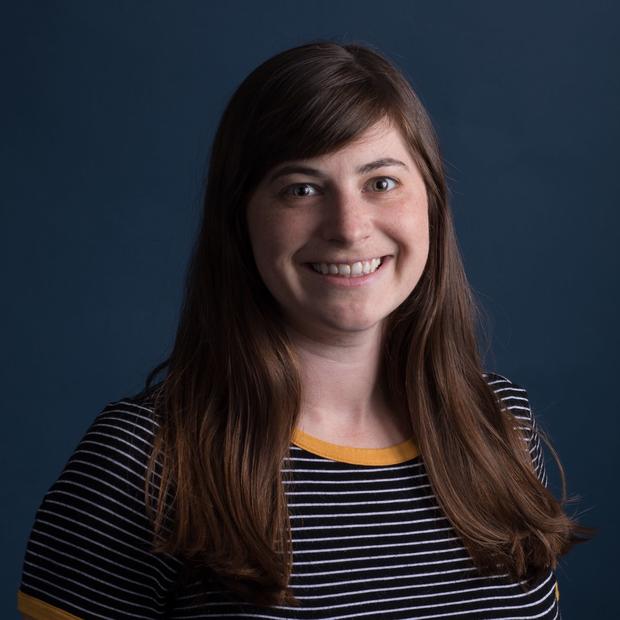Hunter dropped out of high school in the 10th grade and worked every job, from digging ditches to housekeeping, before jumping head first into college at age 32.
It was there that she found her love for ancient organisms like tardigrades, trying to reveal their secrets. “I was the very last one to find a tardigrade,” she said. When she did, she ran across campus trying to find her instructor.
“I'll never forget that, and that's when I knew I'm going to be a scientist.” Hunter said.
Hunter’s fascination with tardigrades inspired her to study everything she could at Northwest Indian College — especially if it was invisible to the naked eye. She excelled at classifying these microscopic critters and beings, from mosses to invertebrates.. Eventually, she would come to specialize in finding invisible dangers to the environment, things like toxic algae that accumulate in shellfish.
Her studies led to her work in the sea, where she realized that her grandmother’s guidance when Hunter clammed as a child could inform her work identifying toxic shellfish in our oceans.
“She would stand out there and just do an environmental scan. She just looked at the environment around and she would say either we're digging here or we're not,” Hunter said
“From the Indigenous perspective versus the scientific perspective, it all came full circle, how it's connected,” she said.
Now, Hunter works to bridge the narrowing gap between classical science and the scientific discoveries and intuition that Native cultures have passed down through generations, centuries before the scientific method even existed.
By combining her grandmother’s insights with measurements like the temperature and pH of seawater, Rosa is helping to explain how toxicity in shellfish impacts our environment.
“I was like, holy moly, my ancestors were scientists. I come from a line of scientists. That blew my mind,” Hunter said.
Clarification: Northwest Indian College is on the Lummi Indian Reservation. A prior version did not make that clear.


